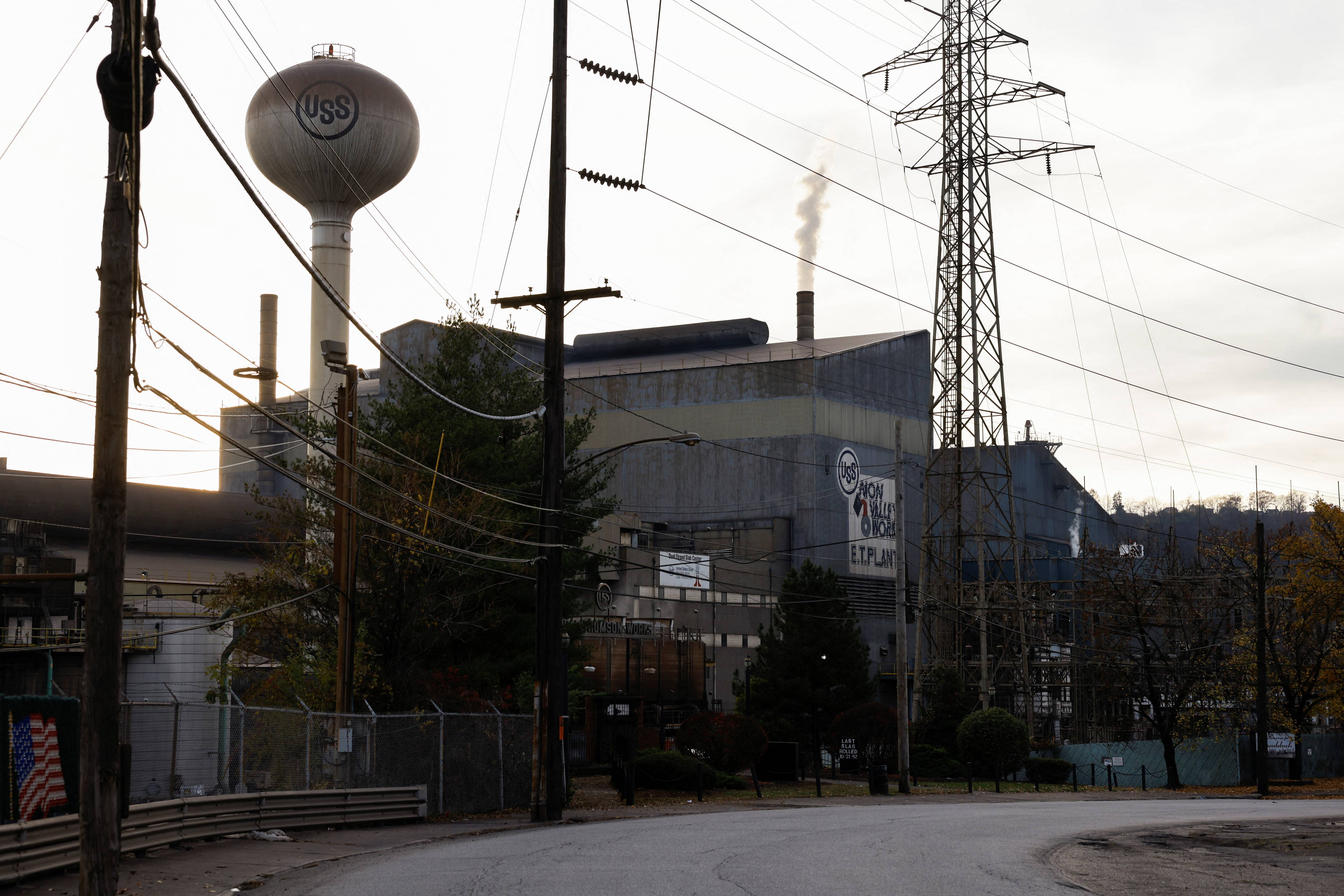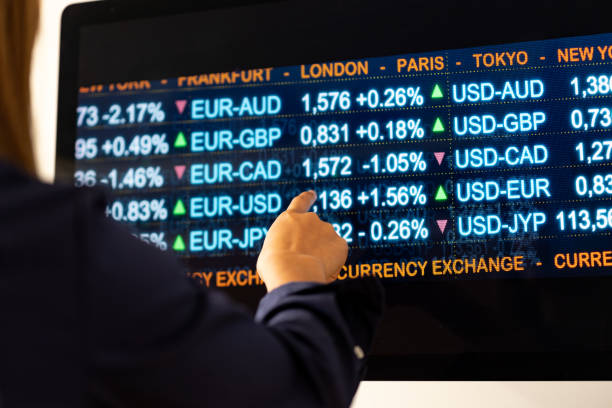Automakers oppose Cleveland-Cliffs push to buy U.S. Steel

U.S. Steel Edgar Thompson Works is seen in Braddock, Pennsylvania, U.S. November 4, 2022. REUTERS/Quinn Glabicki/File Photo Acquire Licensing Rights
WASHINGTON, Oct 31 (Reuters) - A group representing major automakers on Tuesday said the industry opposes steelmaker Cleveland-Cliffs' (CLF.N) proposed acquisition of U.S. Steel (X.N), saying it would increase auto industry costs and slow electric vehicle sales.
The Alliance for Automotive Innovation, representing General Motors (GM.N), Toyota Motor (7203.T), Volkswagen (VOWG_p.DE), Hyundai(005380.KS) and other major automakers, in a letter to Congress and U.S. regulators cited the combined steel companies' dominant market share for steel used to produce vehicle structural frames, for automotive surface panels like doors, hoods and fenders, as well as steel used for electric vehicle (EV) motors.
The letter from Alliance for Automotive Innovation CEO John Bozzella said a merger would "increase costs across the industry for both materials and finished vehicles," and noted 100% of the metal for EV motors known as e-steel would be concentrated in the combined company.
"Without competition in the U.S. for the production of e-steel, automakers face an increase in the cost of materials which could ultimately increase the cost of finished EVs for customers," the letter to lawmakers said.
The letter, which was also sent to Federal Trade Commission chair Lina Khan and Justice Department Antitrust chief Jonathan Kanter, said the "government should examine the potential for anti-competitive pricing of materials used by steel-reliant automotive manufacturers."
Neither steel company immediately responded to requests for comment.
U.S. Steel in August rejected Cleveland-Cliff's proposed $7.25 billion price. Cleveland-Cliffs CEO Lourenco Goncalves last week during an earnings call declined to discuss the issue, citing restrictions.
In August, U.S. Steel said it had entered into confidentiality agreements with "numerous third parties" and started to review multiple unsolicited proposals ranging from partial acquisition to an entire buyout.
Reporting by David Shepardson, Editing by Nick Zieminski
Our Standards: The Thomson Reuters Trust Principles.
How do futures traders review their trading?
Futures trading is a form of financial speculation that involves buying and selling contracts that represent the future delivery of an asset, such as a commodity, a currency, an index, or a stock. Futures traders aim to profit from the price movements of the underlying asset, without actually owning
Futures night trading hours
Futures are contracts that obligate the buyer or seller to exchange an asset or commodity at a specified future date and price. They are used for hedging, speculation, and arbitrage purposes in the global market. Futures can be based on various underlying assets, such as currencies, commodities, ind
How can futures efficiently increase the success rate of intraday trading?
Intraday trading is a form of trading that involves buying and selling securities within the same trading day, without holding any positions overnight. Intraday traders aim to profit from the short-term price fluctuations of the market, using various tools and strategies to analyze and execute trade
What are the factors that can affect how much money can be made in futures?
Futures trading is a form of financial speculation that involves buying and selling contracts that represent the future delivery of an asset, such as a commodity, a currency, an index, or a stock. Futures traders aim to profit from the price movements of the underlying asset, without actually owning








